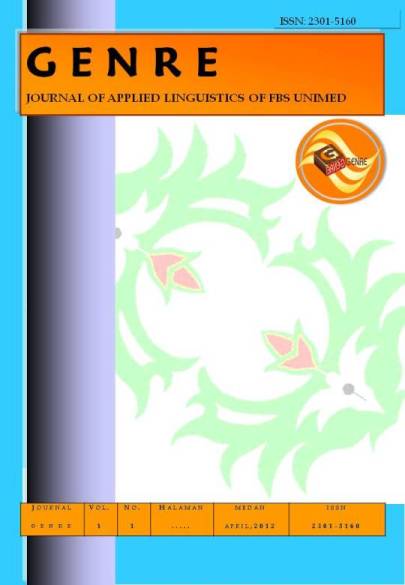Developing Gamified E-Worksheets for Reading Narrative Texts at UPT SMP Negeri 10 Medan
DOI:
https://doi.org/10.24114/gj.v14i3.67688Abstract
The purpose of this study is to develop a gamified e-worksheet for eighth-grade students at UPT SMP Negeri 10 Medan to help students comprehend narrative texts. This development is based on the Gamification of Learning and Instruction Theory (Kapp, 2012). The need for this product arose from students' difficulties in understanding narrative text, limited vocabulary, low motivation, and preference for interactive digital media. Using the ADDIE model (Analysis, Design, Development, Implementation, and Evaluation), the researcher created e-worksheets that integrated game elements—such as storytelling, levels, competition, goals, rewards, and feedback—using Canva, Educaplay, and Genially platforms. Material and media expert validation gave an average score of 4.6 out of 5, or 93%, in the "very good" category. In addition, student perceptions showed an average score of 4.8, or 96%, which falls into the “very good” category. Interviews with students supported these findings, indicating that the e-worksheet was engaging, visually appealing, and effective in enhancing reading comprehension. The study concludes that gamified e-worksheets can significantly improve students' motivation and reading skills.Downloads
Published
2025-07-30
Issue
Section
Articles
License
Copyright (c) 2025 Hammi Kasifa Pohan, Yeni Erlita

This work is licensed under a Creative Commons Attribution-NonCommercial-NoDerivatives 4.0 International License.
Authors who publish with this journal agree with the following terms:
- Authors retain copyright and grant the journal right of first publication with the work simultaneously licensed under a Creative Commons Attribution License that allows others to share the work with an acknowledgment of the work's authorship and initial publication in this journal.
- Authors are able to enter into separate, additional contractual arrangements for the non-exclusive distribution of the journal's published version of the work (e.g., post it to an institutional repository or publish it in a book), with an acknowledgment of its initial publication in this journal.
- Authors are permitted and encouraged to post their work online (e.g., in institutional repositories or on their website) prior to and during the submission process, as it can lead to productive exchanges, as well as earlier and greater citation of published work (See The Effect of Open Access).
- This work is licensed under a Creative Commons Attribution-ShareAlike 4.0 International License.







.png)


